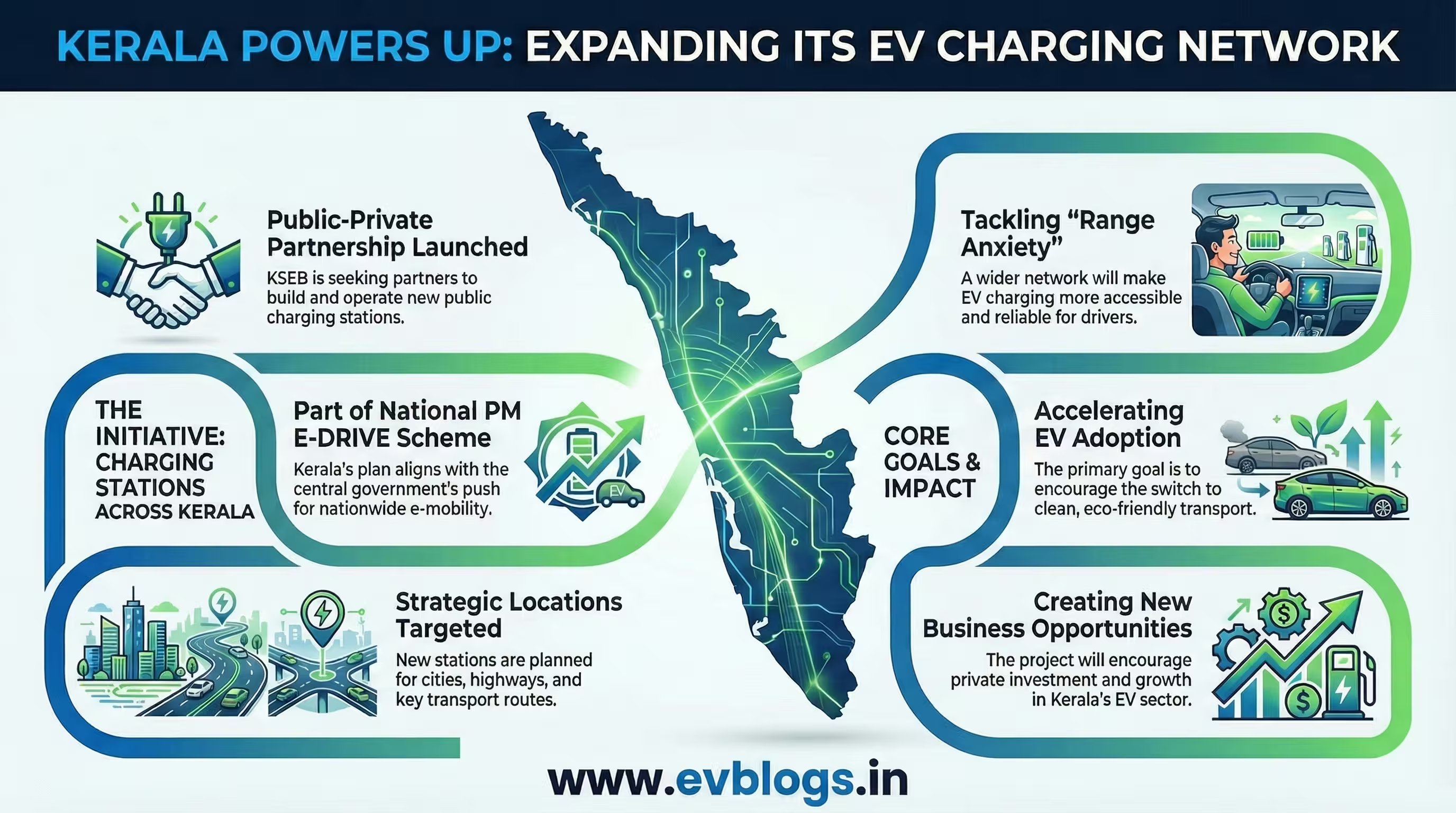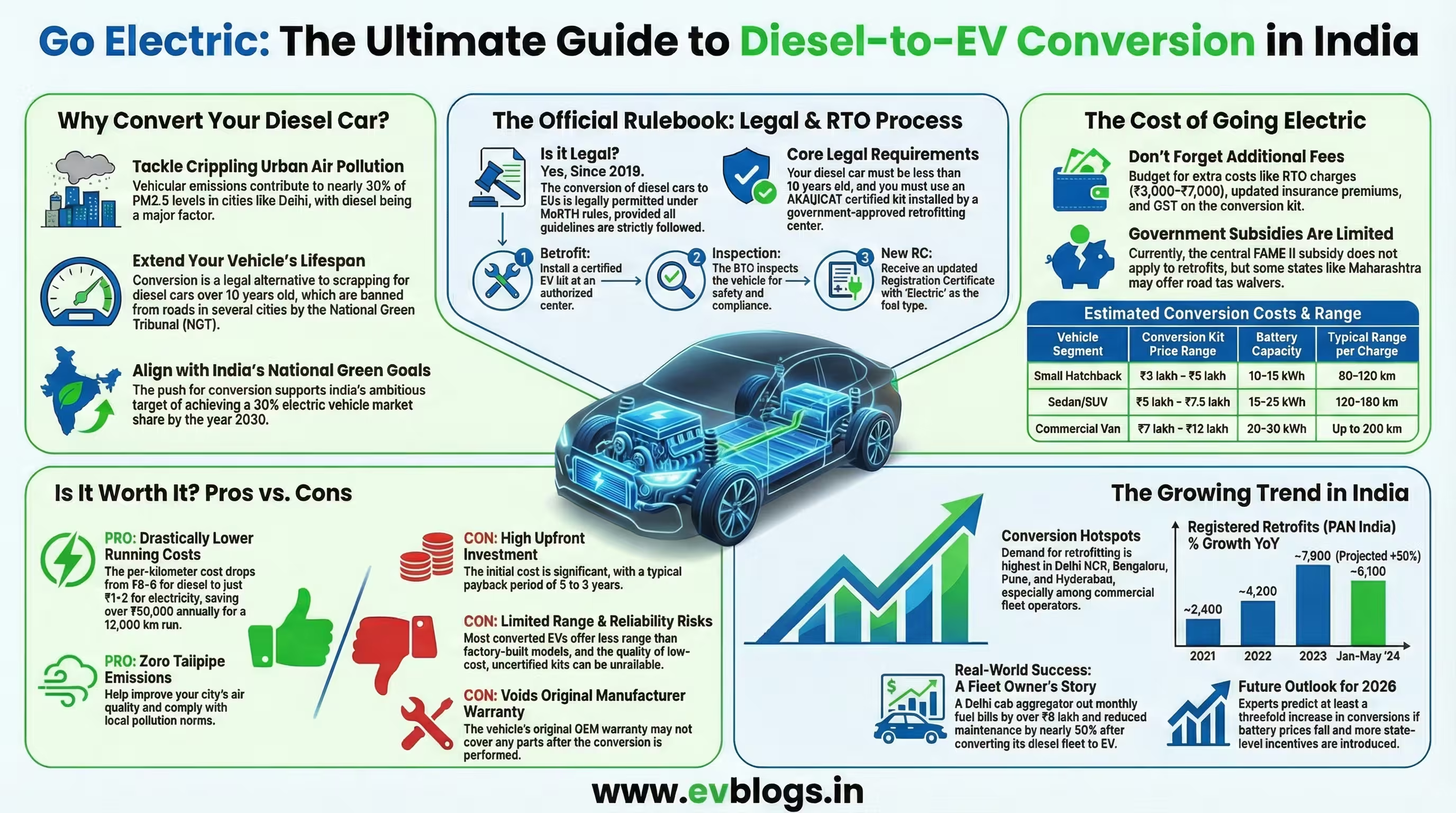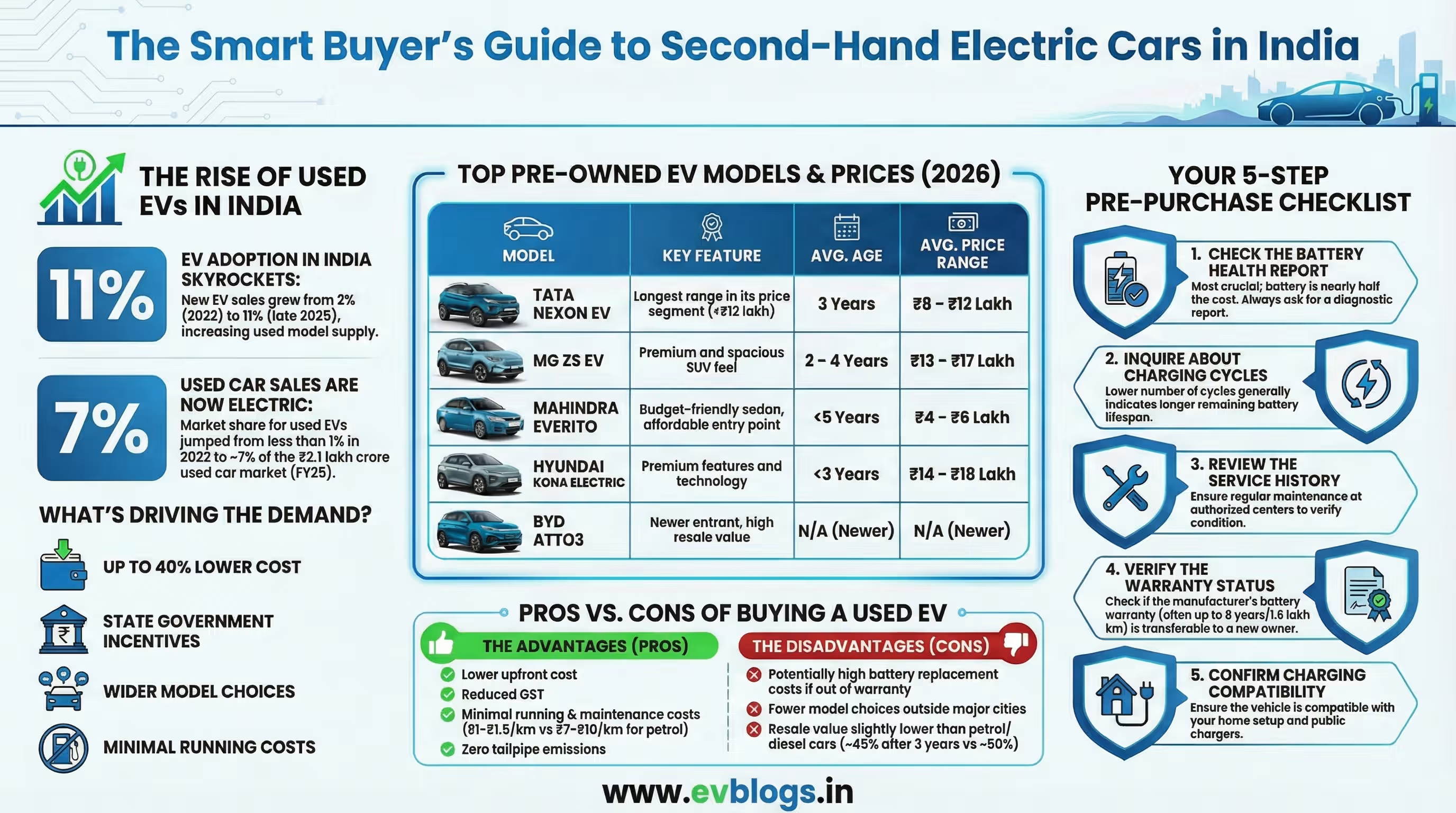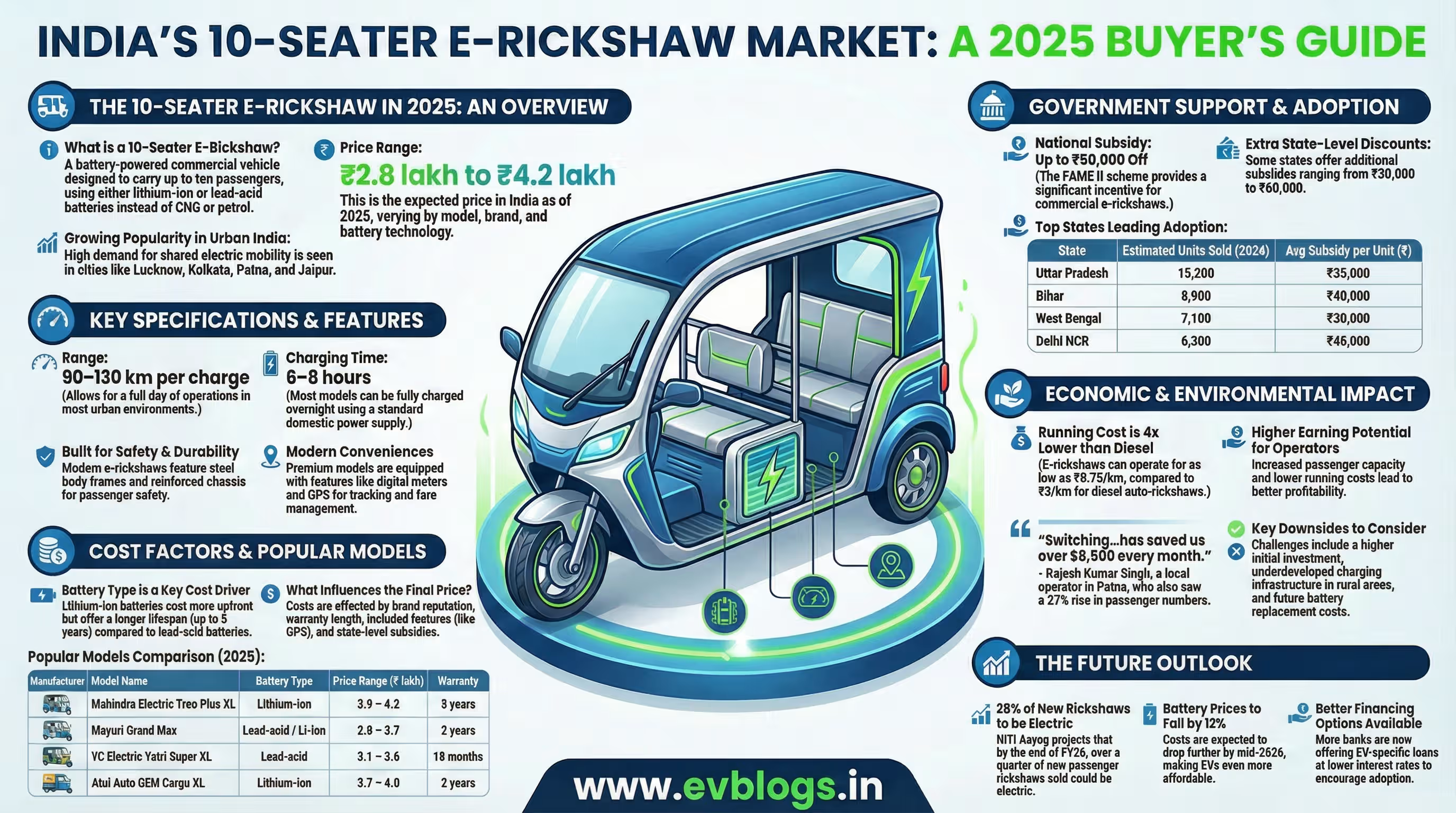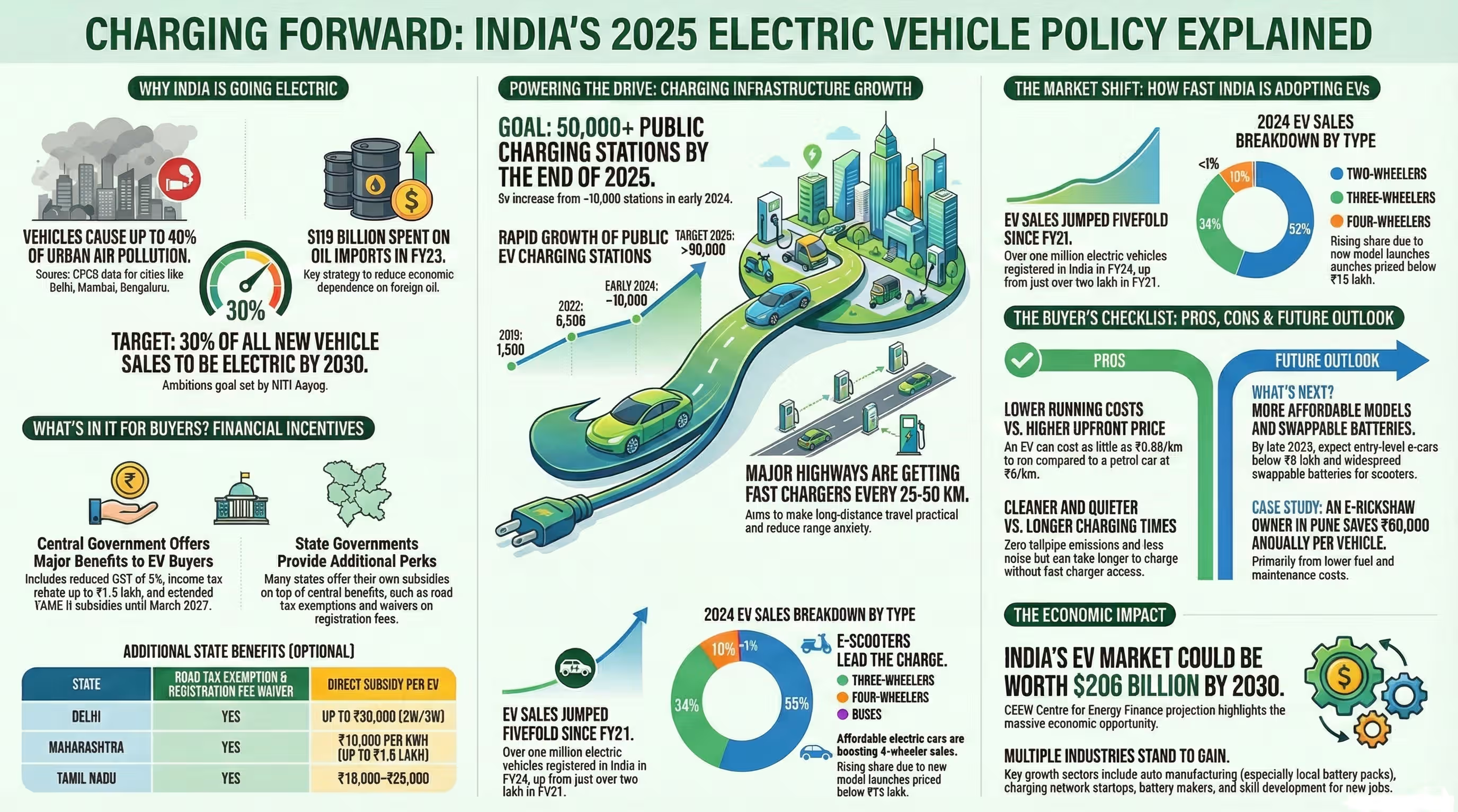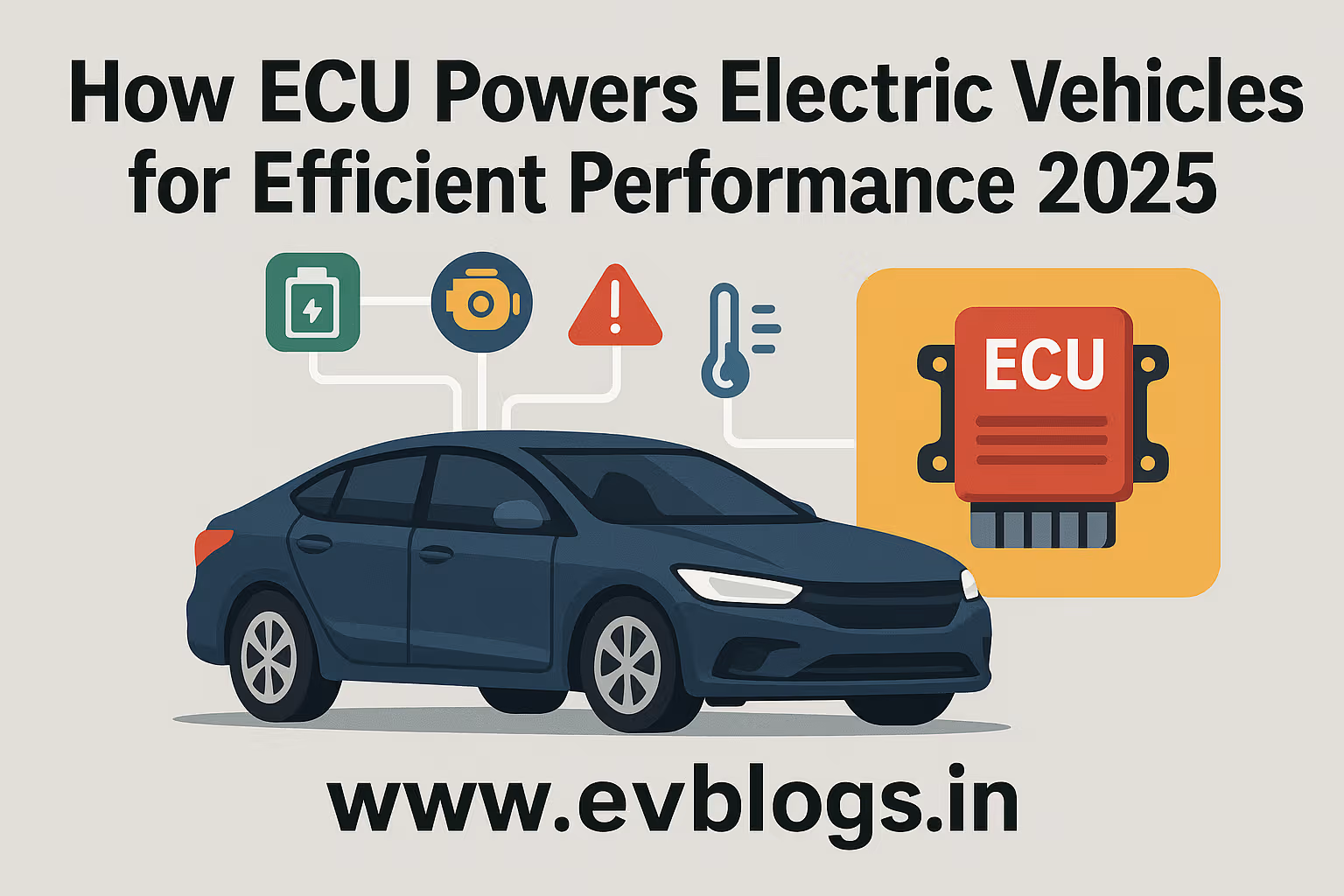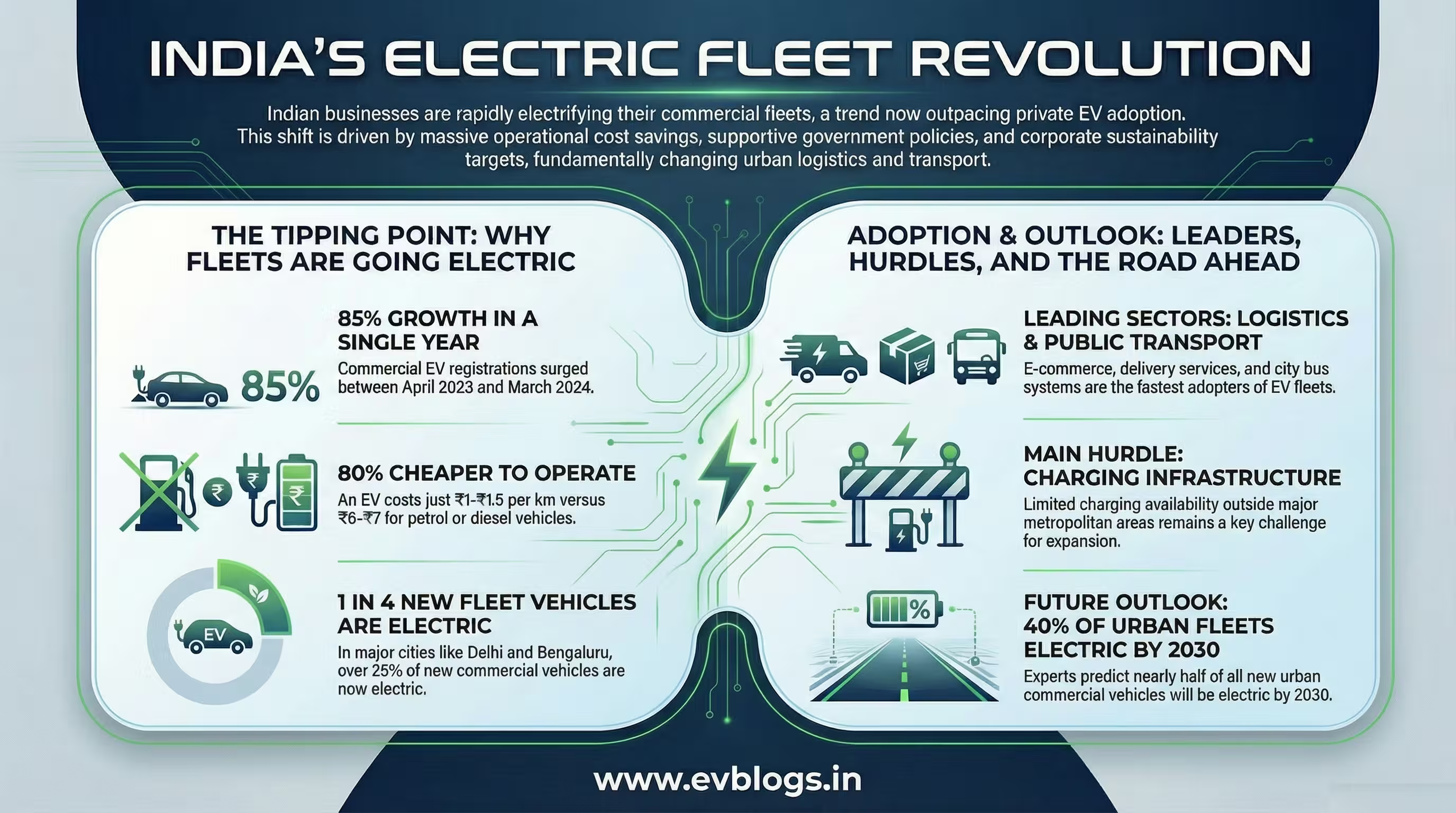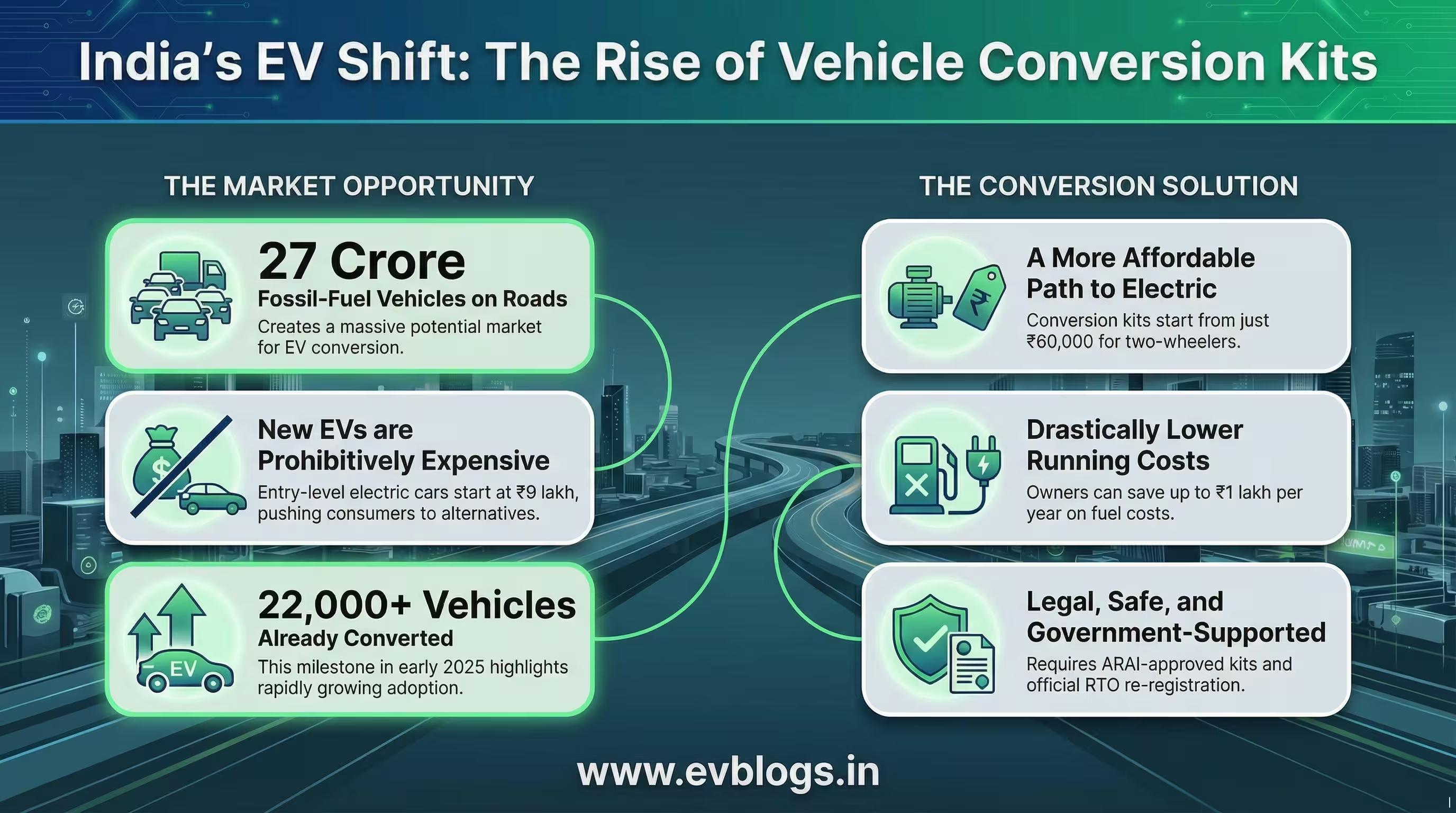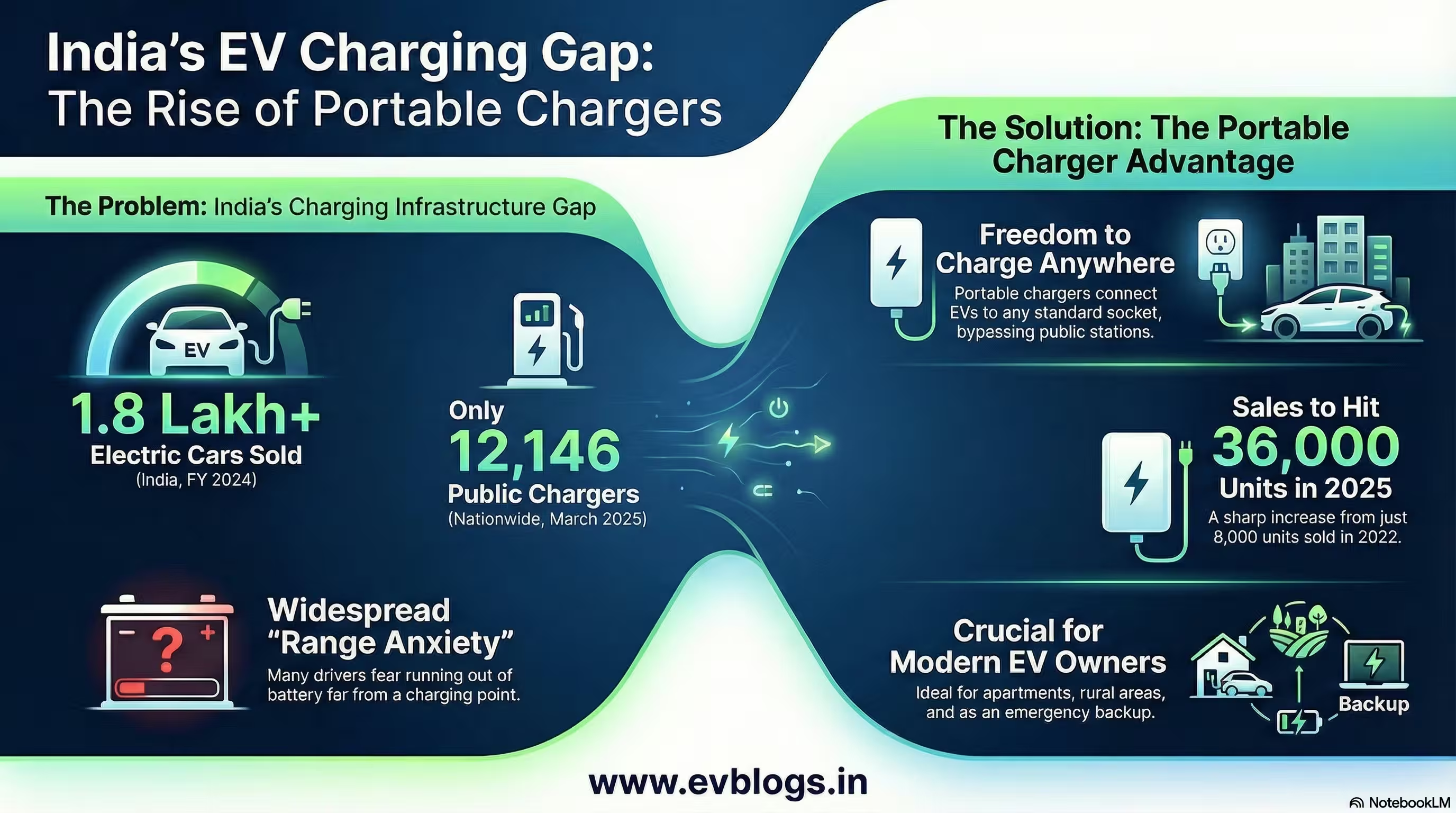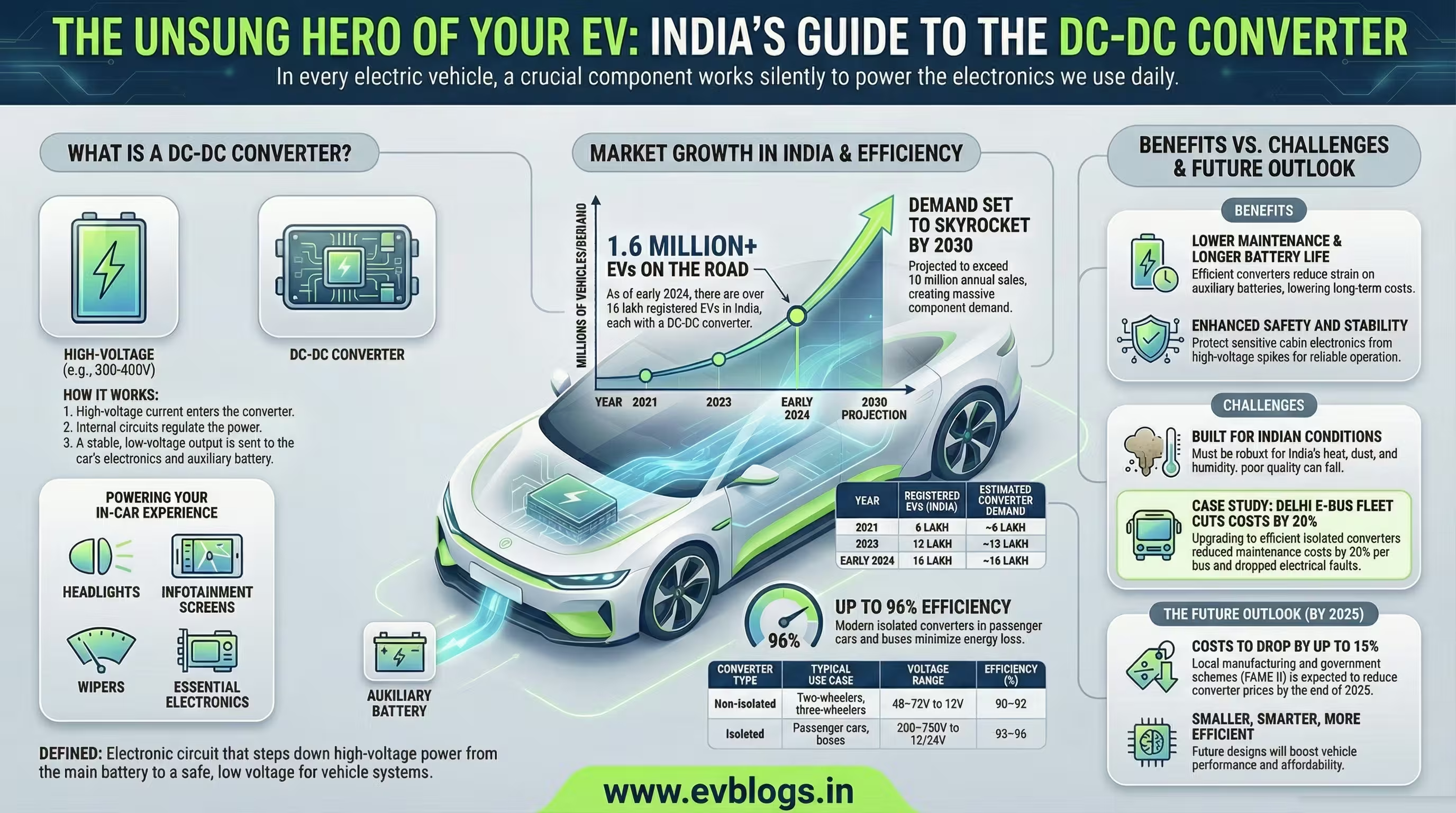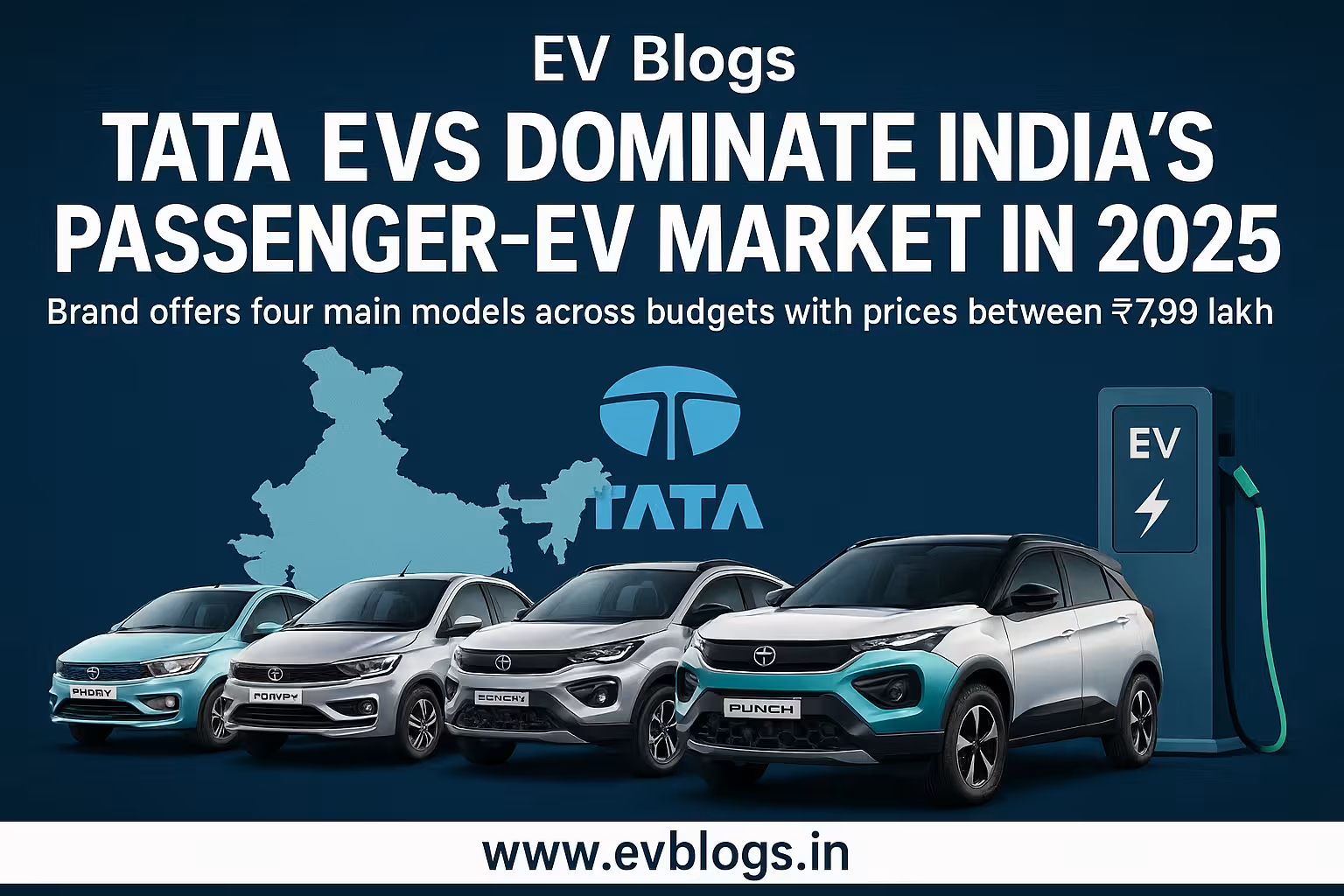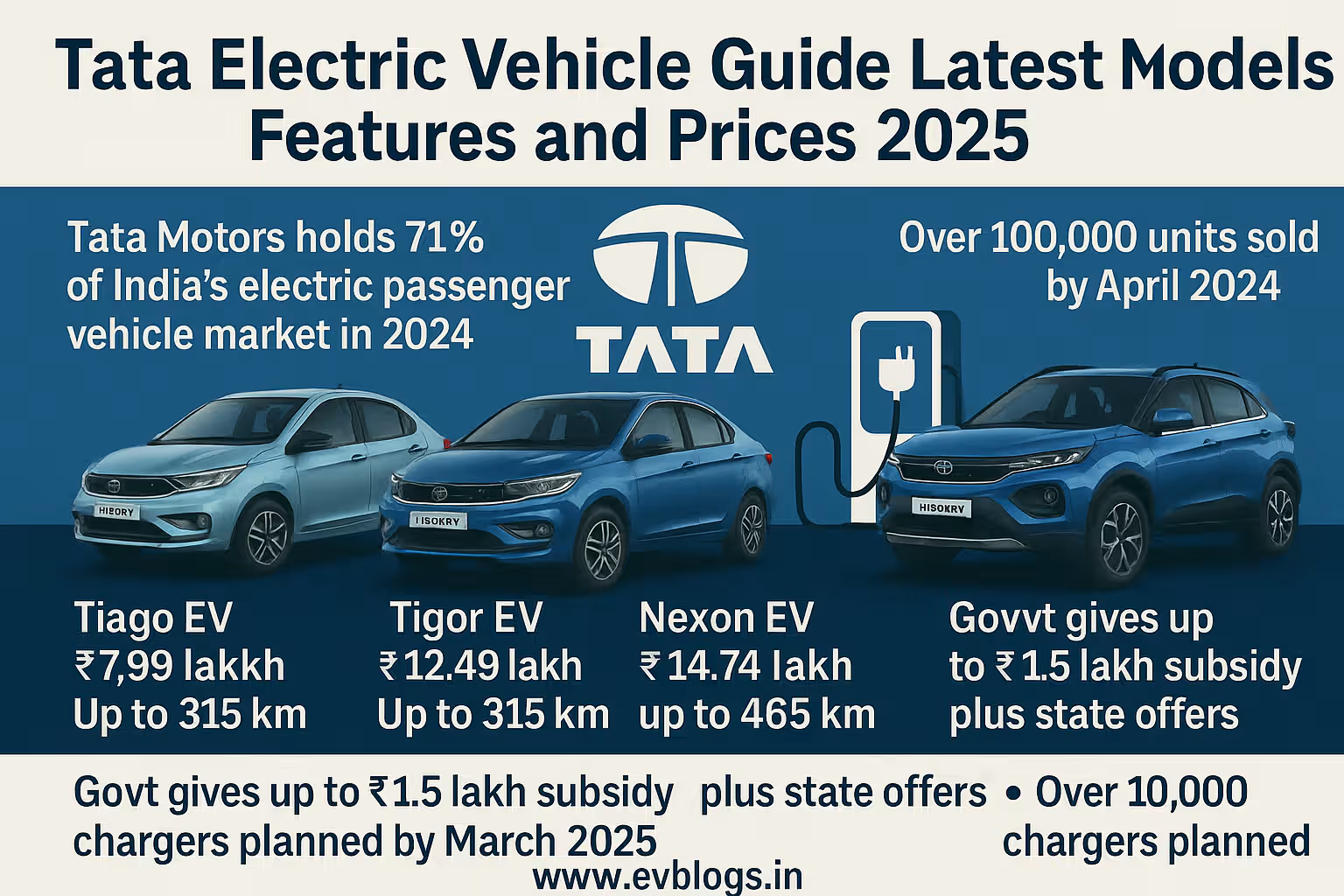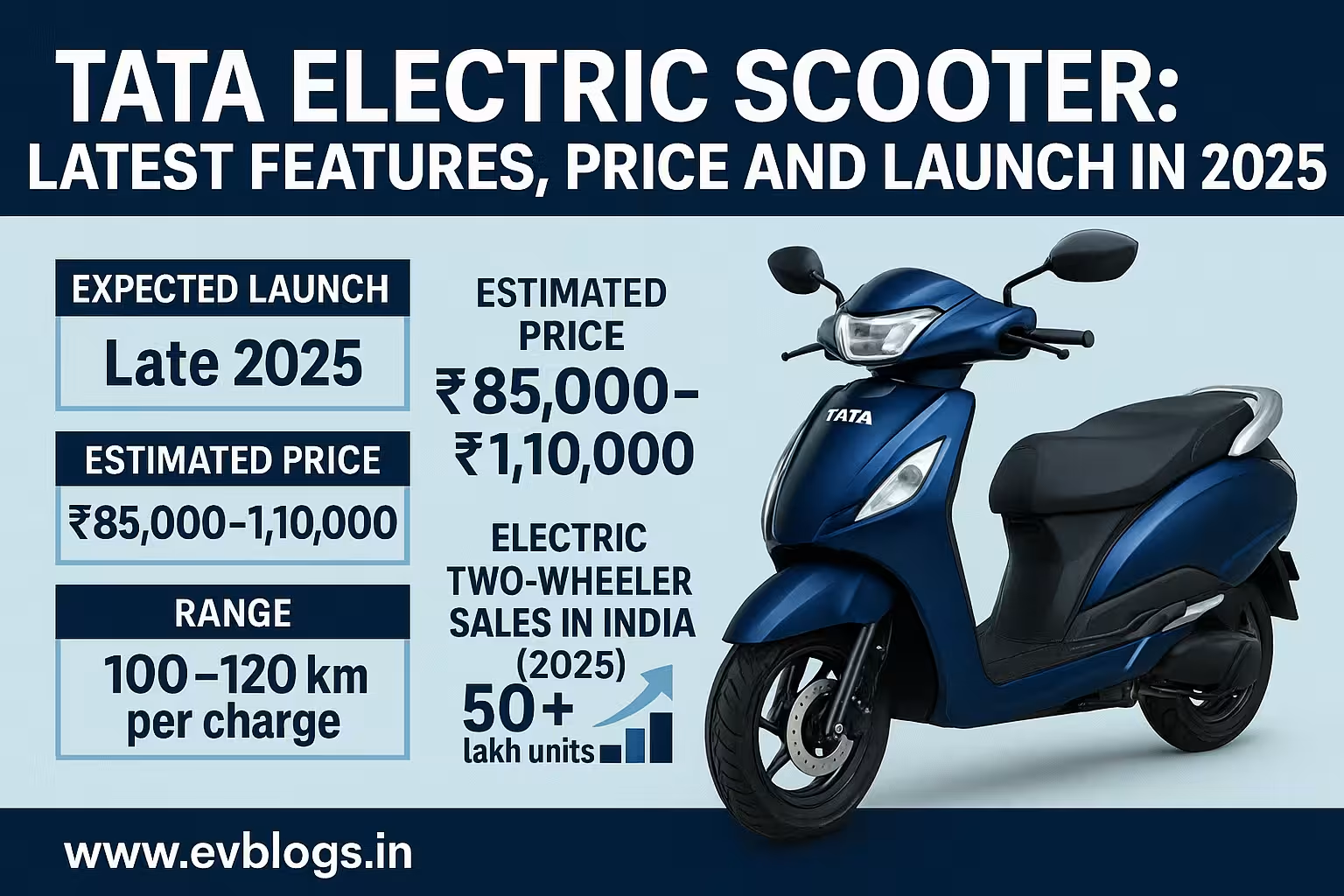Hedhvick Hirav
Hedhvick Hirav is a dedicated EV researcher and editor with over 4 years of experience in India’s growing electric vehicle ecosystem. Their contributions have been recognized in leading sustainability publications and automotive journals.
Summarize & analyze this article with
Choose an AI assistant and open this article directly:
Tip: if the AI doesn’t fetch the page automatically, paste the article URL manually.
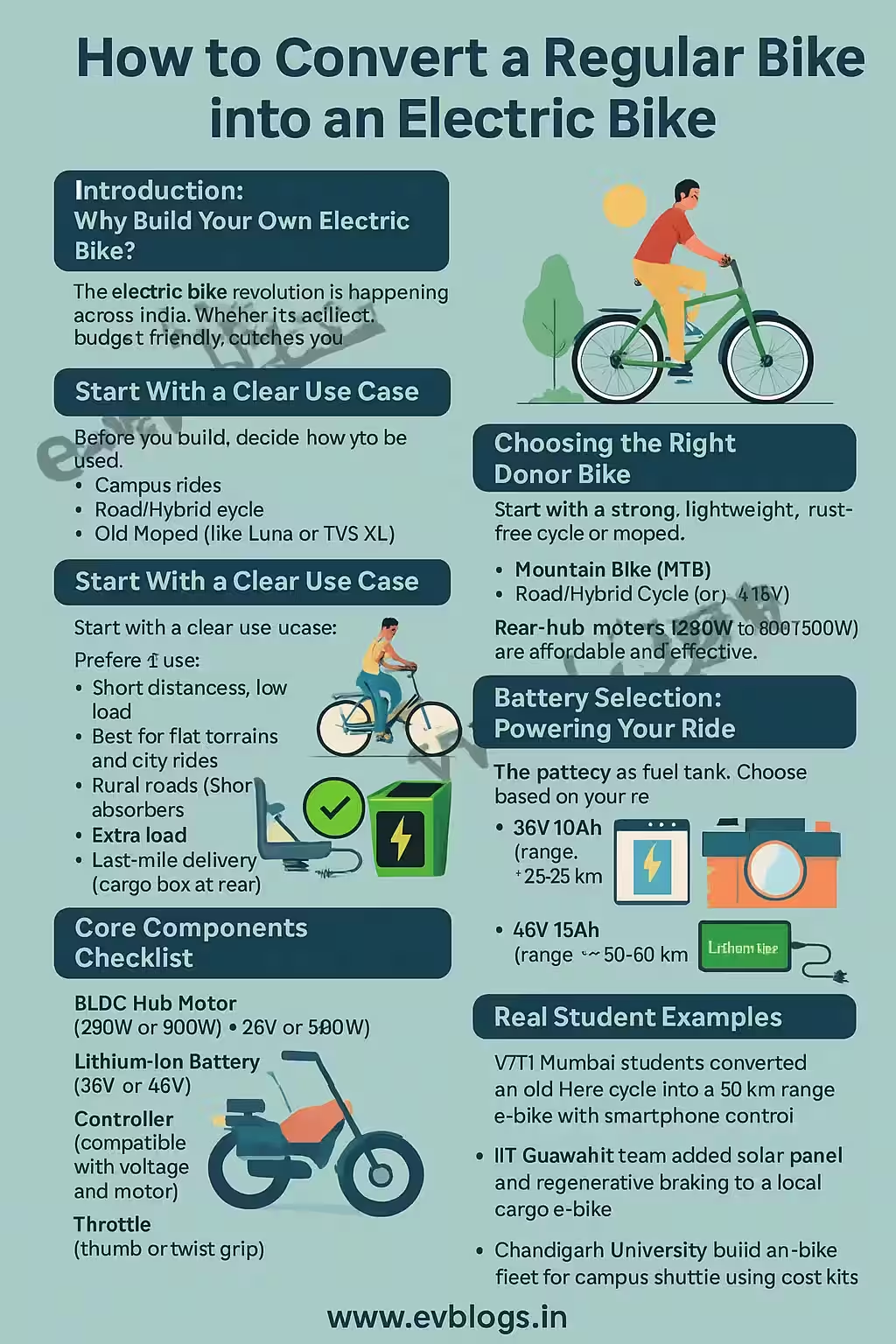
What Does It Mean to Convert a Regular Bike into an Electric Bike in India?
If you are a student or enthusiast in India, the idea of converting a regular cycle or bike into an electric bike (e-bike) is both exciting and practical. In 2025, with the push for electric vehicles (EVs) and green mobility, converting your old bike can save money, reduce carbon footprint, and offer a great learning project.
Converting a regular bike into an electric bike means you add an electric motor, battery, and other components to assist or replace manual pedaling. This upgrade can be done on common bicycles, gear cycles, and even some motorcycles.
- You can enjoy eco-friendly commuting without buying a brand-new e-bike.
- Conversion is cost-effective compared to purchasing a new electric vehicle.
- The process is a hands-on learning opportunity, especially for engineering students.
Did You Know?
In 2025, India remains among the world’s fastest-growing markets for e-bikes, with a projected CAGR of over 12% for e-bicycle sales (IMARC Group, 2025).
Why Should You Convert Your Bike to Electric in India?
You might wonder, is it worth converting your ordinary bike to electric? Here’s why more Indians, especially students and young professionals, are opting for this route in 2025.
- Affordability: A conversion kit usually costs far less than a new e-bike, with kits starting around ₹8,000 and going up to ₹35,000 depending on the motor power and battery type.
- Eco-friendliness: Reduce your carbon emissions and contribute towards India’s green mobility mission.
- Government Support: The Indian government, via FAME-II and state policies, is supporting EV adoption through subsidies and easier procedures for retrofitting.
- Convenience: No more worries about petrol prices, traffic jams, or long commutes, especially in urban areas.
- Upcycling: Give your old or unused bicycle a fresh life instead of letting it gather dust or rust.
Expert Insight
According to NITI Aayog’s 2025 report, EV retrofitting is likely to become a mainstream practice in India’s tier-1 and tier-2 cities, driven by youth-led innovation and sustainability goals.
Which Indian Bikes Are Best for Electric Conversion in 2025?
Before you start, it’s important to know which bikes are most suitable for conversion. Not every two-wheeler is ideal for retrofitting. Here’s a list to guide you:
Most Suitable Bicycles:
- Regular city cycles (Hero, Atlas, Hercules)
- Mountain bikes (MTB)
- Hybrid bikes
- Single-speed and geared cycles
For Motorcycles and Scooters:
- Honda Activa (older models)
- Bajaj Chetak (classic models)
- TVS Scooty
- Bajaj Boxer
- Yamaha RX100
Not Recommended:
- High-performance sports bikes
- Premium carbon fiber bicycles (due to structural limitations)
- Fully automatic motorcycles
If you are looking for stability, metal frame cycles are best. If you want performance, geared and MTB cycles offer more control.
Did You Know?
Over 60% of converted e-bikes in India use locally manufactured cycles, making availability and compatibility less of a concern for most students.
How Much Does It Cost to Convert a Regular Bike into an Electric Bike in India?
The cost of converting a bike to electric in India depends on several factors: type of bike, motor power, battery quality, and installation charges. Here’s a comprehensive comparison with real numbers for 2025.
| Kit Provider | Motor Power (W) | Battery Type | Cost (INR) | Approx Range (km) | Warranty | Notable Features |
|---|---|---|---|---|---|---|
| GoZero Mobility | 250 | Li-ion | 15,000 | 35-40 | 1 Year | Lightweight, easy install |
| Elektron EV | 350 | Li-ion | 22,500 | 50-55 | 2 Years | Regenerative braking |
| Lightspeed | 250 | Li-ion | 18,600 | 40 | 1 Year | Compact, water-resistant |
| e-Trio | 500 | Li-ion | 30,000 | 60 | 2 Years | Fast charging, digital display |
| Felidae | 250 | Li-ion | 16,800 | 38 | 1 Year | Free installation support |
| GoBikes | 250 | Lead Acid | 8,500 | 25 | 6 Months | Budget option |
| Pure EV | 250 | Li-ion | 19,500 | 45 | 2 Years | Performance-focused |
| Swagtron India | 350 | Li-ion | 21,000 | 48 | 1 Year | Bluetooth app integration |
| Udaan E-Bike | 500 | Li-ion | 27,000 | 62 | 1 Year | High torque motor |
| Powertron | 250 | Li-ion | 13,200 | 30 | 1 Year | Light frame, best for city rides |
Key Cost Takeaways:
- Budget kits (Lead Acid) start from ₹8,500; ideal for simple city commutes.
- Premium kits (Lithium-ion, higher power) go up to ₹35,000, offering longer range and better performance.
- Installation may cost extra (₹1,000–₹3,000), or you can DIY for free.
Description of Top Indian Conversion Kits in 2025:
- GoZero Mobility: Best for college students new to EVs; easy to install and maintain.
- Elektron EV: Great for longer commutes, comes with safety features like regenerative braking.
- Lightspeed: Popular in metro cities for quick daily rides.
- e-Trio: Suitable for those who want fast charging and digital monitoring.
- Felidae: Offers on-call installation support, perfect for first-timers.
- GoBikes: Cheapest, but has limited range due to lead-acid battery.
- Pure EV: Performance-focused, suitable for hilly areas.
- Swagtron India: Tech lovers enjoy the Bluetooth and app integration.
- Udaan E-Bike: Best for power users and hilly terrains.
- Powertron: Lightweight and affordable, best for city commutes.
Expert Insight
A typical Indian college student spends about ₹2,000 per month on fuel for a regular scooter; with an e-bike conversion, this goes down to less than ₹300 for electricity (2025, EV India Report).
What Is Included in a Typical Electric Bike Conversion Kit in India?
If you buy a conversion kit in India, here’s what you can expect inside the box in 2025:
- Hub Motor or Mid-Drive Motor: Main unit that powers the wheel, either front or rear.
- Battery Pack: Usually lithium-ion for better range and lifespan.
- Controller: Controls power delivery and speed regulation.
- Throttle: Thumb or twist-style, for acceleration.
- Display Panel: Shows speed, battery level, distance, etc.
- Pedal Assist Sensor (PAS): Detects pedaling and assists accordingly.
- Wiring Harness: Connects all components safely.
- Brakes (optional): Some kits include electric brake levers for safety.
- Mounting Accessories: Clamps, screws, and mounts for battery and controller.
Additional Parts You Might Need:
- Stronger tires
- Sturdier kickstand
- Weatherproof casing for electronics
Did You Know?
Some Indian conversion kits can be fitted onto a bicycle in under 2 hours, even by first-timers, thanks to detailed video tutorials and community support.
How to Choose the Right Conversion Kit for Your Project?
With so many kits and options, how do you pick the best one for your needs? In 2025, you should consider:
- Type of Bike: Check compatibility with your cycle or scooter frame.
- Motor Power: 250W is legal for Indian e-bikes without registration, but 350W-500W kits offer better hill-climbing.
- Battery Range: Estimate your daily commute distance and pick accordingly.
- Weight: Heavier kits affect ride quality, especially in city traffic.
- After-Sales Service: Prefer Indian brands with local support and warranty.
- Water and Dust Resistance: Essential for Indian monsoons and dusty roads.
- Legal Compliance: Ensure the kit is certified for Indian roads (AIS 156 standard for batteries since 2023).
Key Questions to Ask Before Buying:
- Is it compatible with my cycle/scooter?
- What’s the real-world range and charging time?
- Are spare parts easily available?
- How difficult is the installation?
- Does it come with a warranty?
Expert Insight
In 2025, most Indian states require e-bikes above 250W or those that exceed 25 km/h to have registration, insurance, and helmet use. Always check your local RTO rules.
How to Install an Electric Bike Conversion Kit Step by Step?
Converting your bike to electric can be a fun weekend project. Here’s a detailed step-by-step guide for Indian conditions:
Preparation:
- Charge the battery fully before starting.
- Gather basic tools: Allen keys, spanners, screwdrivers.
Installation Steps:
- Remove the Existing Wheel: If it’s a hub motor kit, you’ll replace the front or rear wheel.
- Install the Motorized Wheel: Fit the wheel with the hub motor into the fork and tighten nuts securely.
- Attach the Battery: Use mounting brackets or a rear rack. Secure with screws and check the balance.
- Mount the Controller: Fix it near the battery or under the seat with zip ties.
- Connect the Wiring: Follow the color codes and diagrams provided.
- Install the Throttle: Replace the grip on the handlebar with the new throttle unit.
- Add the Display Panel: Secure it on the handlebar for clear visibility.
- Fix the Pedal Assist Sensor (PAS): Usually attaches near the bottom bracket.
- Recheck All Connections: Test each component before riding.
- Test Ride: Try it in an open ground before hitting the road.
Safety Checks:
- Ensure all bolts and nuts are tight.
- Check the brakes and tire pressure.
- Make sure electronics are weatherproofed for Indian rains.
Did You Know?
Over 50 Indian colleges now offer clubs and workshops for students to convert regular bikes to e-bikes, with live faculty support and funding (2025, AICTE).
What Are the Legal Requirements for Electric Bike Conversion in India 2025?
Many students are worried about legal and regulatory issues. Here’s what you need to know:
For Converted Bicycles (Cycle-Based E-bikes):
- No Registration Needed if:
- Motor is up to 250W
- Maximum speed is limited to 25 km/h
- Only pedal assist and throttle, no full self-driving
For Motorcycle/Scooter Conversion:
- Must meet CMVR (Central Motor Vehicles Rules)
- Battery and kit should comply with AIS 156/038 standards (fire safety, quality)
- RTO approval required for on-road use if above 250W or higher speeds
- Insurance is mandatory for retrofitted scooters
General Safety Laws:
- Helmets recommended (mandatory for powered vehicles)
- Reflectors and lights for night riding
- No overloading or unsafe modifications
State-Specific Rules:
- Delhi, Maharashtra, Karnataka, and Tamil Nadu have additional incentives for EV retrofitting.
- Always check your local transport office website for the latest updates.
Expert Insight
From 2025, Indian law mandates that all high-capacity e-bike kits must pass fire safety and performance tests before being sold or installed.
When Is the Best Time to Start Your Electric Bike Conversion Project?
If you’re a student or hobbyist, timing can help you save money and effort.
Best Times:
- Summer Holidays: More free time for experimentation and learning.
- College Project Submission Season: Most engineering colleges now accept EV conversion as approved capstone or mini-projects.
- Festive Sales: Diwali, Independence Day, and New Year sales often have discounts on kits.
Why Start Now in 2025?
- Government incentives are at an all-time high.
- Lithium-ion batteries are cheaper and more advanced than ever.
- Community support and video guides are easily available.
Did You Know?
In 2024-25, many Indian universities offer up to ₹10,000 in grants for student EV projects, plus recognition certificates.
Who Can Help You with Installation and Troubleshooting in India?
Worried about getting stuck during installation? You have options in India:
- Local Bicycle Repair Shops: Many have started offering e-bike kit installation for a nominal fee.
- Online Support: Indian brands provide WhatsApp, phone, and video support.
- YouTube Tutorials: Over 1000 Indian-language and English tutorials (2025) guide you step-by-step.
- College EV Clubs: Join your campus club for peer support and faculty guidance.
- Professional Installers: Brands like e-Trio and Elektron EV have certified installer networks in major cities.
Common Troubleshooting:
- Battery not charging: Check charger and connections.
- Motor not engaging: Inspect throttle, PAS, and controller wiring.
- Unusual noise: Ensure motor is securely mounted and wheel alignment is proper.
- Display not working: Recheck wiring, or update firmware if the kit allows.
Expert Insight
In 2025, you can get same-day installation support in metros like Bangalore, Pune, and Chennai from certified partners.
How Long Will a Converted Electric Bike Last? What About Maintenance?
You want your converted e-bike to last! Here’s what you should expect in terms of durability and maintenance, based on Indian usage in 2025:
Lifespan:
- Lithium-ion Battery: 3–5 years or 700–1000 charge cycles
- Motor: 5–8 years with proper use
- Other Components: Display panels and controllers typically last 3–4 years
Maintenance Tips:
- Charge battery regularly and avoid over-discharging.
- Store indoors during heavy rain or flooding.
- Lubricate chain and check tire pressure often.
- Inspect wiring for wear, especially after monsoon season.
- Update software/firmware if your kit supports it.
Cost of Upkeep:
- Battery replacement in 2025 costs ₹6,000–₹12,000 for most kits.
- Annual maintenance: ₹500–₹1,000 for basic check-ups and spares.
Did You Know?
Proper maintenance can increase your e-bike’s overall lifespan by up to 40%, according to the 2025 E-Bike India Owners Survey.
What Are Real Student Experiences and Case Studies from India?
Nothing beats advice from those who’ve done it! Here are some 2025 first-hand stories and insights.
Case Study 1: College Project in Bengaluru
- Project: Converted a Hero Sprint cycle using a GoZero 250W kit.
- Cost: ₹16,000 including installation.
- Outcome: Achieved 38 km range per charge, used for daily college commute.
- Challenges: Initial wiring confusion, resolved via brand’s WhatsApp support.
- Advice: Watch 2-3 installation videos before starting, and label wires.
Case Study 2: Pune University Student Group
- Project: Converted 5 city cycles for campus mobility.
- Total Spend: ₹74,000 for 5 kits.
- Outcome: Reduced monthly fuel costs by over 80%, gained recognition from university.
- Challenges: Battery range dropped in winter, solved by indoor charging.
- Advice: Opt for lithium-ion over lead-acid for better performance.
Case Study 3: Scooter Conversion in Delhi
- Project: Converted an old Honda Activa with a 350W Elektron EV kit.
- Cost: ₹25,000 plus RTO fees for registration.
- Outcome: Achieves 52 km per charge, zero petrol usage.
- Advice: Check local laws and get paperwork done before conversion.
Expert Insight
Most Indian students who undertake e-bike conversion as a project report higher grades, more internship opportunities, and even start-up ideas post-project (2025, AICTE).
How Do Converted E-Bikes Compare to New E-Bikes in India 2025?
Still unsure whether to convert or buy new? Here’s a detailed comparison to help you decide.
| Feature | Converted E-Bike | New E-Bike (Branded) |
|---|---|---|
| Cost | ₹8,500–₹35,000 | ₹28,000–₹90,000 |
| Customization | High (DIY, parts choice) | Low (fixed spec) |
| Range | 25–65 km | 40–85 km |
| Warranty | Limited (1-2 years kit) | Up to 3 years |
| Availability | Immediate (DIY/local) | Wait for delivery |
| Learning Value | Very High | None |
| Legal Compliance | Must ensure yourself | Done by manufacturer |
| Maintenance | DIY/Local shop | Authorized service |
| After-Sales | Varies by brand | Robust support |
| Resale Value | Lower | Higher |
Detailed Pros and Cons
Converted E-Bikes:
- Best for students, hobbyists, and DIY lovers.
- More budget-friendly and customizable.
- Ideal as a capstone project or personal mobility solution.
- Requires hands-on work and some technical effort.
- You’re responsible for legal compliance and maintenance.
New E-Bikes:
- Best for users who want a hassle-free, warranty-backed product.
- Higher upfront cost but more features and quality assurance.
- Good after-sales support and easier resale.
- Typically offers better integration but less customization.
Did You Know?
In 2025, up to 30% of new college e-bikes in India are actually converted regular cycles, not factory-made products (India Mobility Research).
Final Verdict: Should You Convert Your Bike to Electric in India in 2025?
If you are a student, DIY enthusiast, or someone looking for an affordable and eco-friendly commuting option in India, converting your regular bike into an electric bike in 2025 makes great sense. With government support, affordable kits, plenty of learning resources, and high running cost savings, this project is both practical and rewarding.
- For college and school projects, this is arguably one of the most impactful and career-boosting hands-on projects right now.
- For daily commuting, you save money, reduce emissions, and avoid the hassle of petrol price hikes.
- As an engineering or science student, you gain practical skills, industry recognition, and even start-up opportunities.
Just ensure you follow legal guidelines, buy from reputable brands, and reach out for help when needed.
Ready to make the switch? Start planning your conversion today and join the movement towards cleaner, smarter, and more affordable mobility in India!
FAQs
Q1: Is it legal to convert my bike to electric in India in 2025?
A1: Yes, it’s legal if you use a 250W motor and restrict speed to 25 km/h. For higher power, follow CMVR and RTO guidelines.
Q2: How long does it take to convert a bike to electric?
A2: Most students finish installation in 2–4 hours if all parts and tools are ready.
Q3: Can I ride a converted e-bike in the rain?
A3: Yes, if your kit is water-resistant and all wiring is properly insulated.
Q4: Will converting my cycle void its manufacturer warranty?
A4: Yes, most cycle brands do not cover converted cycles under warranty. Always check before installing.
Q5: Are government subsidies available for e-bike conversions in 2025?
A5: While direct subsidies are limited, many Indian states offer grants for student projects and retrofitting under FAME-II and local EV policies.
Disclaimer: All technical and legal advice is based on the latest available data (2025). Always verify local guidelines and safety standards before starting your project.


